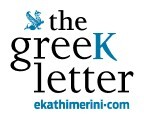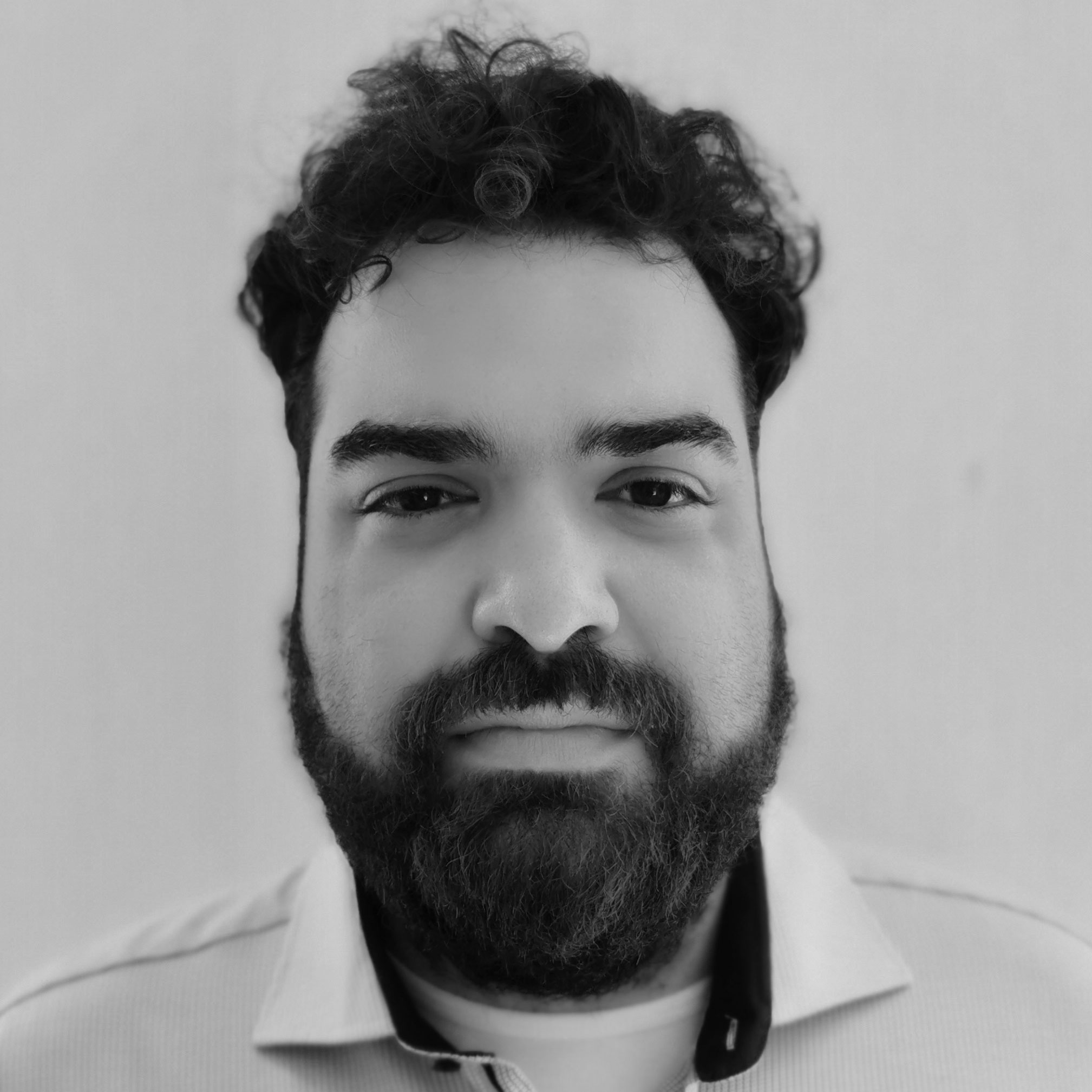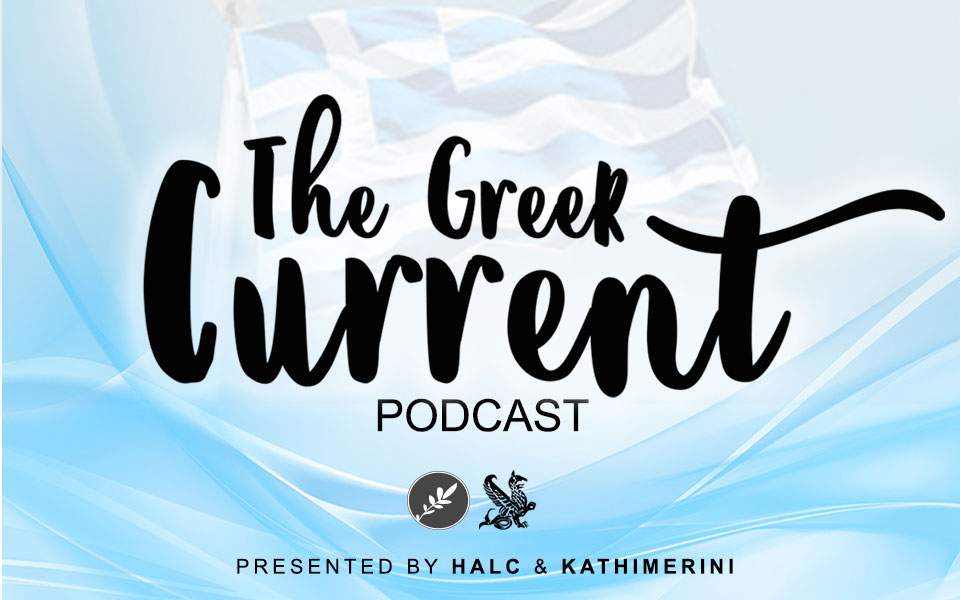 |
Big meetings in the Big Apple [InTime News] [InTime News]
Welcome to the weekly round-up of news by Kathimerini English Edition. Prime Minister Kyriakos Mitsotakis met with Turkish President Recep Tayyip Erdogan in New York this week, on the sidelines of the United Nations General Assembly. The two leaders reaffirmed the positive swing in bilateral relations over recent years and emphasized the will to maintain the existing framework of de-escalation. According to government sources available to Kathimerini, they also agreed that the Confidence-Building Measures (CBMs) have been effective. The delimitation of the continental shelfs and Exclusive Economic Zones (EEZ), the key difference between the two countries, was also on the agenda, with Greece and Turkey agreeing to hold exploratory talks on the issue. This issue was also addressed by Mitsotakis from the podium of the United Nations General Assembly, stating that “Greece is willing to work towards resolving the only major outstanding issue we have with our neighbor: the delimitation of the continental shelf and the Exclusive Economic Zone in the Aegean and the Eastern Mediterranean.” “I strongly believe that we have today a window of opportunity and we should be bold enough and wise enough to seize this chance”, he added. The two leaders tasked their foreign ministers to explore whether conditions are favorable for such an exploration. The countries also agreed to co-operate on migration, particularly in combatting trafficking across the Aegean, with the responsible ministers also set to meet. Mitsotakis also raised the continued occupation of Cyprus with Erdogan, stating the firm positions of both Greece and Cyprus in resolving the issue in accordance with the United Nations Security Council resolutions and with respect to international law. Finally, both Gerapetritis and his Turkish counterpart Hakan Fidan were directed to begin preparations for the next High-Level Cooperation Council between the two countries, set to be held in Ankara in January 2025. Finally, in the aftermath of the meeting, there are also positive signs that the historic Halki Seminary would soon reopen. “We are now certain that we are on the verge of reopening our school,” noted Ecumenical Patriarch Bartholomew. Spotlight
|
MUST READS
|
 [AP] [AP]Greece has made a decision to develop a multi-level air defense system – a Greek “Iron Dome” – in order to be able to protect itself from a potential attack that could take place by an array of possible means, from drones to short and medium-range ballistic missiles. The military confrontations the world is witnessing with horror, both in the Middle East and Ukraine, act as a clear reminder of what needs to be done. Obviously, Greece would have preferred to have a friendly cooperative relationship with its neighbor to the East. Unfortunately, despite the relatively improved atmosphere of the last year and a half, we are not there yet. And given Ankara’s Blue Homeland doctrine, it might be difficult to ever get there. Hence, reality obliges that we work on the diplomatic front, as we are doing (quite intensely as of late), but at the same time take the necessary measures to boost our defense capabilities. This is more pressing as the current anti-drone and antimissile protection set up covering our east Aegean islands and other areas seems outdated; as time passes by it is becoming obvious that the older Russian S-300s and TOR-M1s might be useful, but, to put it bluntly, they cannot really protect us. Their technology and modus operandi are not up to the standards of today’s – let alone future – modern warfare. Through that prism, the prospect of developing an effective missile defense system is widely seen as a necessary step into the future, especially as – despite being a proven reliable ally and not a difficult and unpredictable one – Greece is surprised by the latest developments with respect to the willingness of many in Washington to offer Ankara its advanced F-35s despite the latter’s behavior, not just towards Greece, but more generally as an ally and regional player. In its exploratory effort to develop its advanced defense system, Greece is looking to Israel, France, Germany and other possible contributors. At the same time, as national security is extremely important and sensitive, the country’s defense posture should be based, to the extent possible, on domestic public and private actors, both with respect to hardware production as well as technological innovation by Greek scientists and experts. |
 The Health Ministry is looking to expand the available pool of medical staff for the “Personal Doctor” program, including rural doctors, medical interns specializing in general and family practice, as well as hospital doctors who have utilized the opportunity to practice privately on top of their work within the National Health System. Citizens will also be able to choose doctors not contracted to the National Organization for Healthcare Services Provision (EOPYY), taking on the cost of reimbursement for these services, according to a proposal submitted to Parliament on Wednesday. Furthermore, a one-time financial incentive of 40,000 euros gross is foreseen for each new doctor who in 2025 chooses general/family medicine and internal pathology as a specialty. The Health Ministry is looking to expand the available pool of medical staff for the “Personal Doctor” program, including rural doctors, medical interns specializing in general and family practice, as well as hospital doctors who have utilized the opportunity to practice privately on top of their work within the National Health System. Citizens will also be able to choose doctors not contracted to the National Organization for Healthcare Services Provision (EOPYY), taking on the cost of reimbursement for these services, according to a proposal submitted to Parliament on Wednesday. Furthermore, a one-time financial incentive of 40,000 euros gross is foreseen for each new doctor who in 2025 chooses general/family medicine and internal pathology as a specialty. |

|
| “The Athens Exchange (ATHEX) general index closed at 1,468.70 points, up 3.05% on a weekly basis.” |
| “Greece’s primary state budget saw a surplus of 7.547 billion euros, against a target of 3.316 billion, over the first eight months of the year (January to August). According to the Finance Ministry, the increased revenues were a result of higher amounts collected from income taxes and VAT.” |
| “The contribution of industry to Greece’s growth is rising according to the Hellenic Statistical Authority. The share of industry in the total GVA was registered at 16.1% for the first half of 2024, up from an average of 14.8% over the previous decade. One analyst reported that the gross value added of the manufacturing sectors in Q2 was the largest contribution in 25 years.” |
|
Editor's Pick To be fair, the ruling class of the country had a strong penchant for flouting the law with provocative impunity.Read the article To be fair, the ruling class of the country had a strong penchant for flouting the law with provocative impunity.Read the article |
| We’d like to hear from youShare your feedback at newsletters@ekathimerini.com |
| Did you receive this email from a friend?Subscribe to our newsletters here |



No comments:
Post a Comment